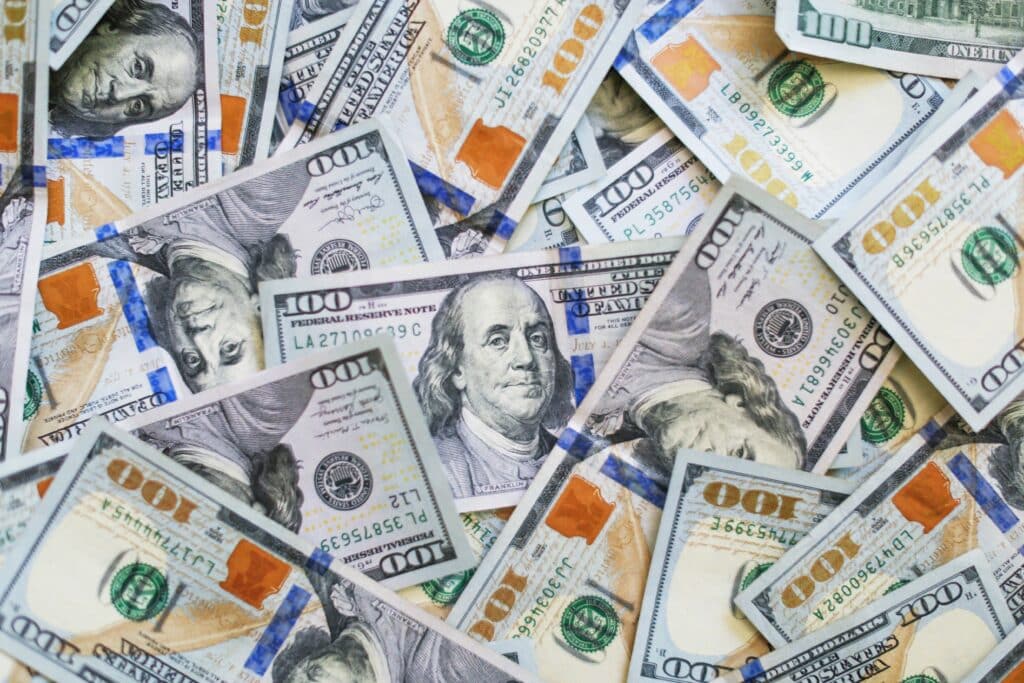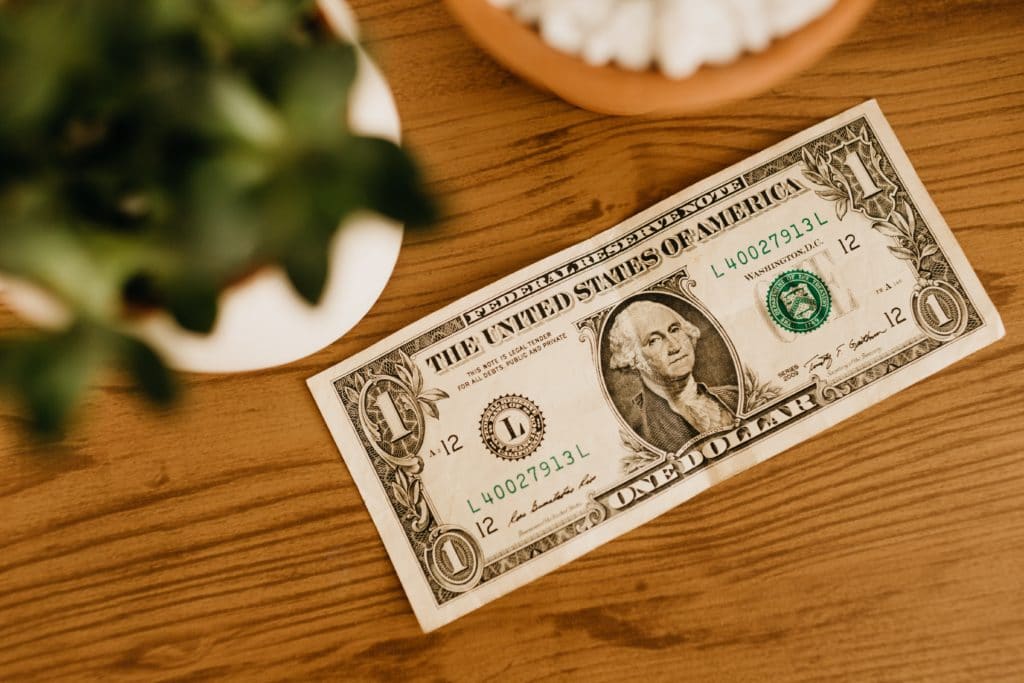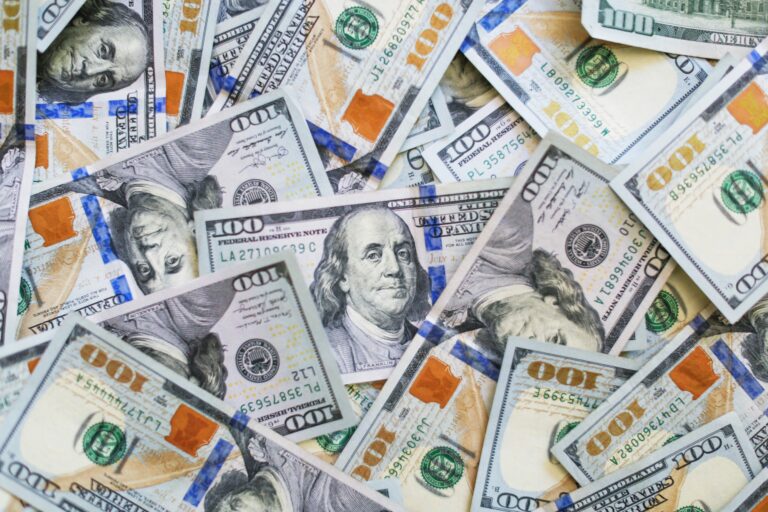When you hear the word “dollar,” you probably think of the U.S. dollar. It is, after all, the most widely used dollar in the world. In fact, the U.S. dollar (known as USD at international currency exchanges) is accepted in many cities, countries, and regions of the world either as primary or secondary currency.
The U.S. dollar is also currently the reserve currency of many countries. Citizens of some countries may prefer to earn, save, or spend U.S. dollars due to their stability. This is one reason Remitly makes it possible for our customers to send dollars to their loved ones in other countries, such as Vietnam, Jamaica, and many others (check out the options for your preferred country on our homepage).
The United States is not the only country to use an official currency called a dollar, however.
For example, the dollars of Canada, Australia, New Zealand, Singapore, and Liberia are all called dollars but are entirely different national currencies. Many of these were originally based on British pounds, such as the Jamaican dollar and the Canadian dollar.
American Dollars Abroad

Many countries use the American dollar to invest, pay an international debt, or trade with other nations.
Commodities such as gold and oil are even priced in USD, so other countries can easily purchase them using their reserve currency. A reserve currency is a specific type of money held by central banks and international financial institutions to trade with one another.
Given the strength of the U.S. dollar, some countries have decided not just to use it as a reserve currency, but as their currency as well.
In fact, 16 other countries and regions use USD within their borders today.
The following countries and territories use U.S. dollars instead of a unique local currency:
- Puerto Rico
- Ecuador
- Panama
- Somalia
- El Salvador
- Fiji
- Turks and Caicos Islands
- Guam
- U.S. Virgin Islands
- Timor-Leste
- British Virgin Islands
- Marshall Islands
- American Samoa
- Federated States of Micronesia
- Northern Mariana Islands
- Caribbean Netherlands
- Bonaire
Pegging Currency to USD
In most cases, exchange rates between two currencies fluctuate daily according to the supply and demand of each. The more popular a currency, the more people buy it, and the higher the price rises.
For example, when tourism rises in Mexico during the holiday season, more people buy Mexican pesos and therefore the price becomes higher. That means when you exchange another currency for pesos, you’ll get fewer pesos than you would during the off-season.
Sometimes, national banks decide to keep a fixed exchange rate on certain foreign currencies, such as the U.S. dollar. The purpose of this is to encourage regular use of USD in places where it is already commonly used.
Fixing an exchange rate, whether to the U.S. dollar or another strong currency, is also called “pegging,” as in, “Hong Kong pegged its currency to the U.S. dollar.“
Countries with Fixed-Rate U.S. Dollar Exchange
When a national bank fixes an exchange rate, it usually does so with the currency of a regular trading partner. Doing so can strengthen trade between the two countries and keep both economies more stable.
Fixing the U.S. dollar exchange rate within a foreign country protects the stability of the U.S. dollar so visitors and businesses can rely on fixed costs. It encourages more individuals and companies to invest in those countries, boosting multiple economies.
Countries that currently have a fixed-rate currency exchange with the American dollar include:
Again, many of these countries are travel destinations for Americans. Others, like Hong Kong, are top business destinations.
The Hong Kong dollar has been pegged to the U.S. dollar since 1983 when Hong Kong’s local dollar experienced a dive in value. A run on the national Hang Lung Bank required drastic action.
The Hong Kong government decided to peg its own dollar to the U.S. dollar to show confidence in its economic future and keep and attract investors and corporations to the country.
The Hong Kong government intended to align Hong Kong with America instead of China and the Chinese yuan.
Other Pegged Currencies
The U.S. dollar, also called the greenback, is not the only strong currency on the market that is used internationally. Others include the euro, used throughout the European Union, and the pound sterling, which is used in Great Britain as well nine other countries and regions.
As a former dominating force in international colonization, the United Kingdom still has influence in countries all over the world. Eight regions have pegged their own currencies to the pound sterling, eager to preserve ties with the sixth-largest economy in the world.

Tourism and the U.S. Dollar
The U.S. dollar is a commonly used currency in the tourism industry.
In fact, some cities and regions with high rates of tourism accept greenbacks as legal tender, even if their national bank does not.
The strength and widespread use of American dollars also make them very appealing to other nations that welcome millions of U.S. tourists every single year. Not only does this make it simple for Americans to spend money in their destinations, but it also saves them a trip to local currency exchange centers.
A good example is the Caribbean region of Mexico. A vacation favorite with Americans and many other people, this region is home to the Mayan Riviera, beautiful turquoise seas, and warm breezes.
The Mexican Caribbean uses the Mexican peso as its official currency, but while shopping, dining, and paying for excursions throughout the Caribbean you can often just exchange American dollars.
These are traded among residents, used to pay for services, or exchanged in bulk for local pesos.
Send and Exchange Money Online
